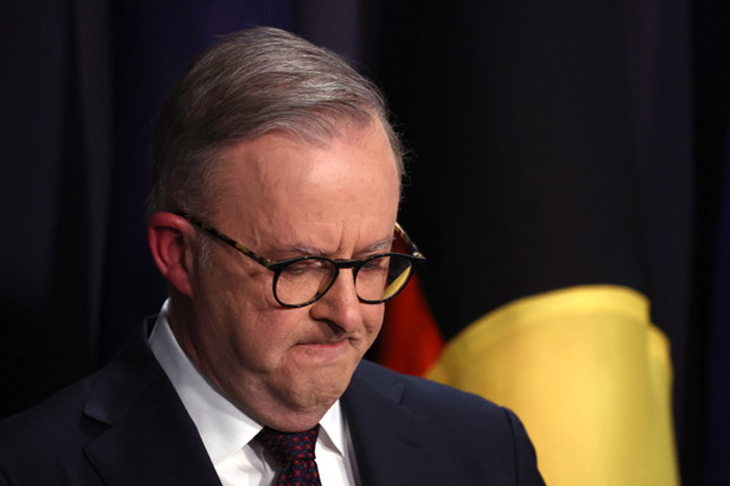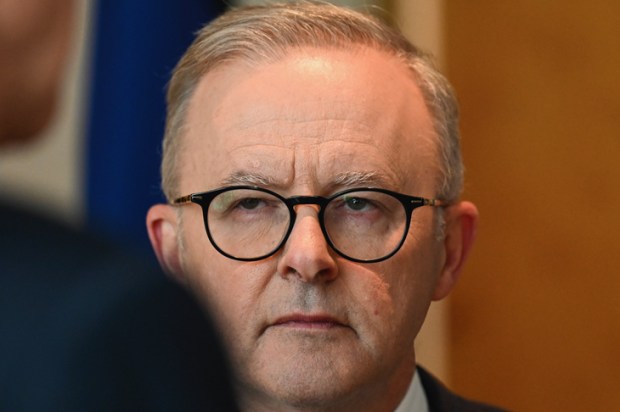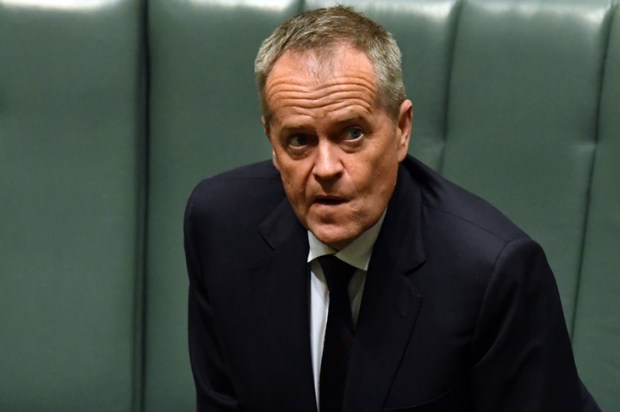After the expenditure of millions of dollars, the endorsement of numerous celebrities, the support of the leaders of corporate Australia and having most of the free-to-air media in favour of the so-called Voice to parliament, the Australian people overwhelmingly rejected the proposal. Despite being described as racists, dinosaurs and worse, ordinary Australians unequivocally told the proponents that they would not support their confused proposition. Given the fact that almost all Australians would support recognition of indigenous people in the Constitution, it is worth considering the reasons for the result.
The simple explanation is that the Yes campaign was an abject failure; indeed, an object lesson in how not to conduct a successful campaign. The Voice campaign chose to hide the detail of their legislative mechanism behind the feel-good vibe of recognition, expecting that Australians would be satisfied. As the campaign dragged out for months, questions that the Yes proponents were unwilling or unable to answer grew, leaving them increasingly frustrated and desperate. Their campaign frayed as various leaders insulted their opponents, hardly the way to attract people to your cause!
Having failed dismally, the knives are already out for the people to blame. The list is long. But first, consider the winners. Heading the list is the Australian people who overwhelmingly removed indigenous separation from the constitution in 1967 and authorise through parliament the expenditure of tens of millions of dollars each year to address indigenous disadvantage. Their assertion is clear: we value the first inhabitants of this land and support practical programs to assist them, but we also want a united nation, not one divided by race. If John Farnham’s ‘The Voice’ was the unofficial anthem of the Yes campaign, Bruce Woodley and Dobe Newton’s ‘We are Australian and we are one’ was surely the anthem of most.
The biggest individual winner was Jacinta Nampijinpa Price, who transitioned from a largely unknown Senator for the Northern Territory into an authentic national figure in the Australian polity. Peter Dutton faced a dilemma when the former opposition spokesperson for indigenous affairs, Julien Leeser, resigned, as Liberal party MPs could have expected one of their own to replace him under the Coalition arrangements. Instead, he made the right call to appoint Jacinta Price to the role, despite her relative inexperience as a parliamentarian and her membership of the Country Liberal party. Not only did she bring the lived experience of an Aboriginal woman to the role, she remained confident, calm and authoritative throughout the campaign. Her co-campaigner Warren Mundine was also impressive. An indefatigable campaigner, Mundine’s talents have been shamefully overlooked by both major political parties.
There is a Melbourne Cup field for the biggest losers but a few stand out from the field. My trifecta comprises Anthony Albanese, the woke leaders of corporate and sporting Australia, and the old indigenous elite. Mr Albanese is rightfully copping the lion’s share of the blame. After all, it was his decision about the subject, scope and timing of the referendum. He was captured by Noel Pearson, Megan Davis and other proponents, and rejected the sensible advice of people like Frank Brennan and Greg Craven to narrow the scope of the proposition. His failings were manifold. Instead of legislating his proposal, having a constitutional convention, waiting until his second term and/or separating recognition from the Voice mechanism, he chose to push ahead. The history of referenda in Australia seems to have been completely ignored, especially the essential elements for success: a clear, easily understood proposal and bipartisan support. The responsibility for achieving bipartisanship rested on the PM. He cannot blame others for his decision. It is notable that many Labor parliamentarians were quiet about the proposal in their own electorates.
The woke leaders of corporate and sporting Australia – often the one and the same people – are also losers. Their lack of self-awareness, their disdain for many of the people who are their shareholders, customers, or club members and supporters was manifest. The arrogance and hubris of lecturing the public on how to vote and their financial support for the Yes campaign when cost of living pressures are exacerbating, displayed the tin ear that many possess. It would be nice to witness some humility from the leaders of the big corporates. The same can be said of the corporate elite who also run the major sporting clubs and codes. To adopt words that Sir Donald Bradman uttered in another context, people ‘endure rather than enjoy’ their lectures.
The old indigenous elite – Noel Pearson, Marcia Langton, Megan Davis, Pat Anderson and others – are also losers in favour of the new voices of Aboriginal Australians. Now there is a significant indigenous representation in the parliament, power is shifting from the self-styled leaders of Aboriginal and Torres Strait Islanders to the elected representatives. The majority of Australians wish to look ahead. They do not want entrenched division in the constitution. They know that the life outcomes for indigenous people are not uniform – but are largely tied to location – and they support practical programs of assistance that work, not continual pleas of victimhood.
The simple explanation about a poor campaign hides a more substantial reason for the outcome, namely, a rejection of the proposal that some Australians should be treated differently in the constitution. The father of the Commonwealth, Henry Parkes, aspired to an Australia that comprised ‘one people’ with ‘one destiny’. Parkes’ great cause was partially achieved with federation, but has always remained a work in progress. The 1967 referendum, which over 90 per cent of Australians endorsed, was another significant step in this journey, as is this vote. Australians prefer integration to division.
Finally, it would be wrong to interpret the outcome of the referendum as the determining factor in the next election campaign. One single example should suffice. Tens of thousands of Labor supporters who voted No will still vote for Labor at the next election. The majority of Australians who voted No were casting a judgment on whether or not a new constitutional institution should be created, not on the relative merits of the major parties. However, the political take-out is to cast more doubt on the PM’s judgment, and his propensity to ignore and gloss over detail.
Got something to add? Join the discussion and comment below.
Get 10 issues for just $10
Subscribe to The Spectator Australia today for the next 10 magazine issues, plus full online access, for just $10.
You might disagree with half of it, but you’ll enjoy reading all of it. Try your first month for free, then just $2 a week for the remainder of your first year.














Comments
Don't miss out
Join the conversation with other Spectator Australia readers. Subscribe to leave a comment.
SUBSCRIBEAlready a subscriber? Log in